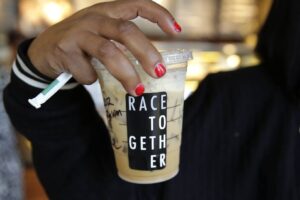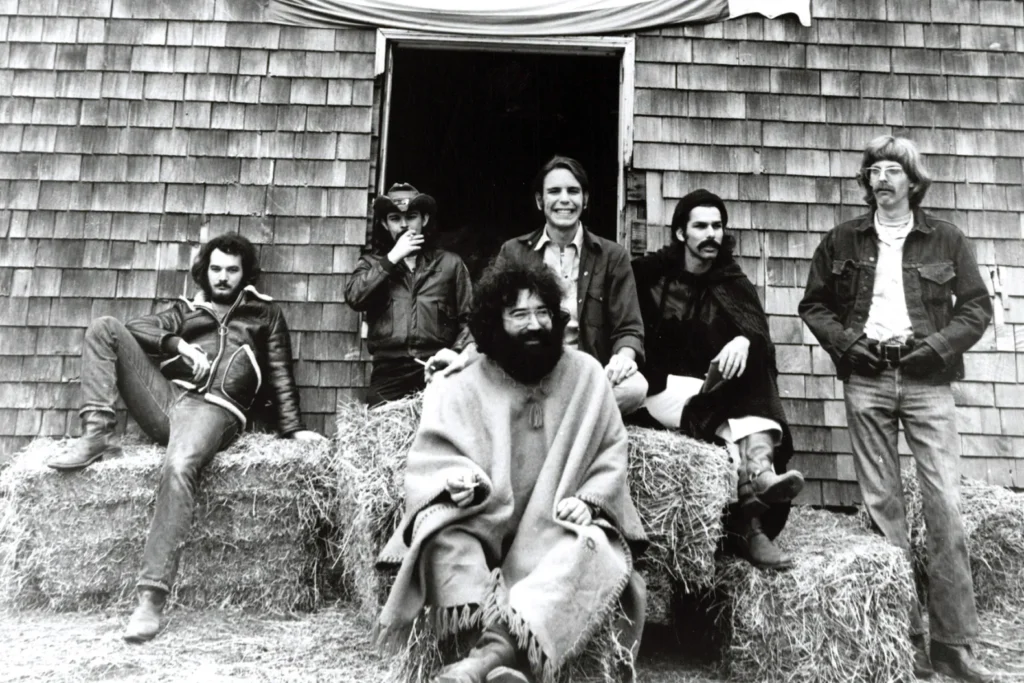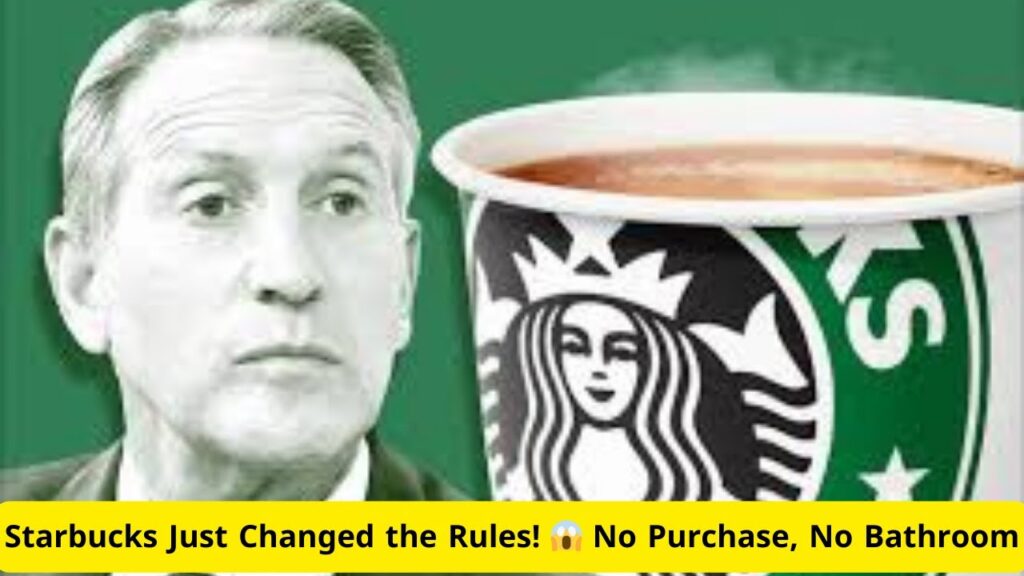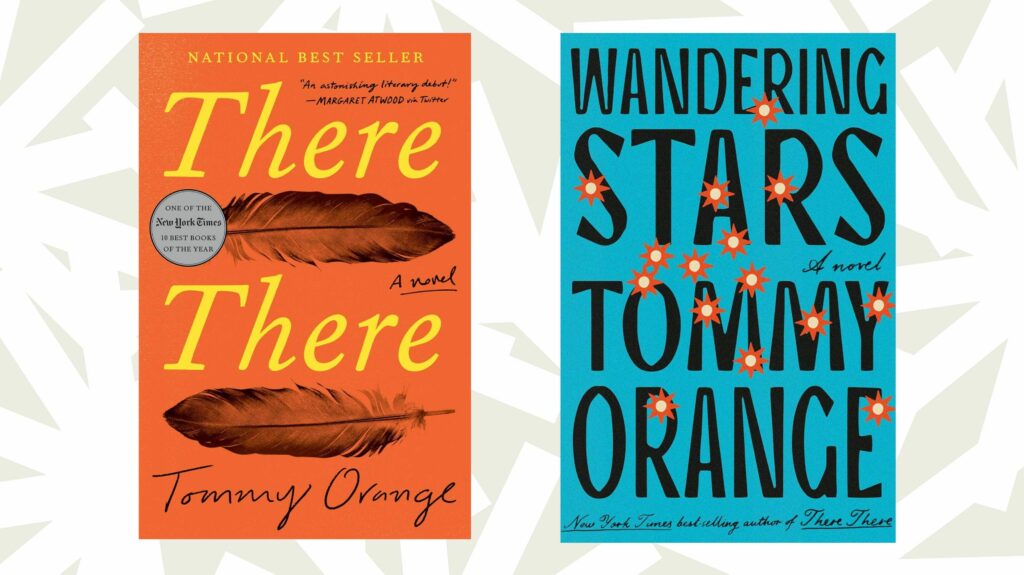 Starbucks has been roundly ridiculed for its recent “Race Together” initiative. In the wake of Ferguson and many other high profile racially charged incidents, the company sought to promote a dialogue on an issue that has been a blight on our culture since the founding of our nation.
Starbucks has been roundly ridiculed for its recent “Race Together” initiative. In the wake of Ferguson and many other high profile racially charged incidents, the company sought to promote a dialogue on an issue that has been a blight on our culture since the founding of our nation.
As a marketer, I strongly support Starbucks’ effort despite its many flaws.
First, some perspective. By now it should be obvious that relevant, contemporary brands, are less about the products themselves and their rational benefits than what they stand for. Starbucks is nominally in the coffee business. Their real business is community. Long described as the “third place” between work and home, Starbucks and its direct competitors are the new public square, a community, a place for people to gather and socialize or to be alone to read, rest, reflect or work.
Taking the lead on social initiatives such as health care, education, gun rights and now race, Starbucks does not shy away from controversy. Rather, their stances on important issues define who they are as a company and a brand.
Let’s contrast that with coffee brands of the past. In the mid 1970’s, still they heyday of classic packaged goods advertising, the leading brands sought to differentiate themselves through taglines and spokespeople.
Folgers, from Procter & Gamble, was “mountain grown for better flavor.” The brand’s long running campaign featured “Mrs. Olsen,” an older and wiser Swedish woman played by an American actress who extolled the virtues of “Mountain Grown Coffee.” (See Mrs. Olsen in action here.)
General Foods’ Maxwell House was the other major brand, represented by another older woman named Cora. She was a bit more curmudgeonly, down-to-earth, rough around the edges and played by none other than The Wicked Witch Of The West from The Wizard Of Oz, Margaret Hamilton, who ended each spot with the brand’s longtime tagline, “Good To The Last Drop.” (See a typical Cora spot here.)
The scripts for these two brands were virtually interchangeable save for the taglines and spokespeople. Young, clueless housewives were taught how to make better coffee – by choosing the right brand – in order to please their critical husbands. (Also – note the long, leisurely pace of these terribly dated, 60-second “slice-of-life” spots.)
Can you imagine buying a product now simply because it’s “mountain grown” or “good to the last drop?” Socially relevant in the Mad Men days was being the perfect little housewife. Now, if you’re not doing something to save the world, you are largely irrelevant.
I agree with much of the criticism about “Race Together.” No major conservations when I’m in a hurry, or more importantly, before my morning shot of caffeine. Baristas – and Starbucks hires good ones – aren’t really qualified to dig in on complex social issues. From a cynical perspective, it could also be that Starbucks is trying to exploit social unrest for financial gain. It all seems inappropriate on so many levels.
However, they are sending a clear signal to their customers on where they stand. Don’t like it? Feel free to go to any number of their competitors. The staunchest conservatives and the leftiest liberals should have no bone to pick here. This is free speech and free enterprise at their finest.
The politics of “Race Together” are difficult to separate from Starbucks marketing objectives for good reason. The company wants you to know they stand for something bigger than coffee. While the execution of the program might not have gone as expected (thought I suspect the company knew exactly what would happen), Starbucks has bravely bared their soul, reminding us all why it deserves its “mega-brand” status and success.



